Nothing can prepare you for the emotional rollercoaster of returning home after a sabbatical or career break. Even those of you who have done the research, reading the posts and the warnings, will be in for a surprise. You tell yourself that everything will be peachy-keen on the way home. And, for your sake, I hope you are right.
For those of us who have a less-than-peachy homecoming, I give you the following: A few realistic things to expect when returning home.
1. Travel Depression
It starts off as a nagging feeling in your head and heart, telling you that you are missing out on adventures while you are back at home. Your day-to-day falls back into a routine, lacking the discovery of yourself, new people, and new places. You’re adrenaline isn’t pumping like it did before- but all of this can be overcome.
One of the things that we found imperative to combat this is to give yourself a few days to hide out when you get home. Life went on while you are gone, a few extra days is not going to be the end of the world for your family and friends.
This time allows for decompression, de-stressing, and time to sort out the feelings you have about being home already. We sequestered ourselves in with our best friends in Phoenix, Arizona. This time was a “No Judgement” time filled with movies, video games, and beer. While this may not be everyone’s cup of tea, find what makes you happy and participate in it. The buffer will help you adjust for what is next.
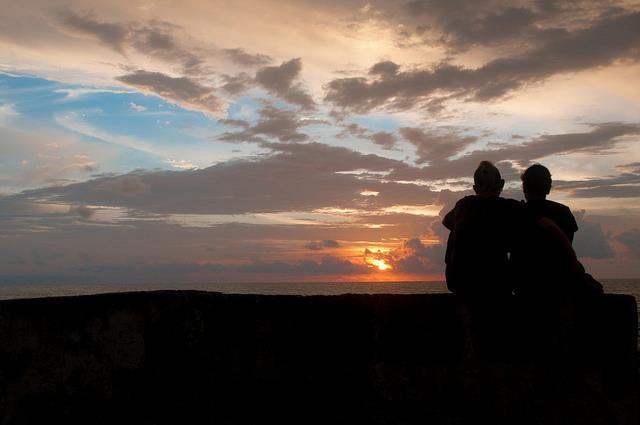
2. Reverse Culture Shock
After being gone so long you would not believe how much you have accepted the terms and customs of the cultures you have visited. If you have spent a lot of time in third world countries, it can be especially bad.
Shaun and I had spent a year traveling through Central and South America. Towards the end of the trip we spend 6 weeks in Bolivia – one of the poorest countries in the Western Hemisphere – and grew to love it. We learned how to navigate through outdoor markets and really started to connect with the community aspect of shopping for food.
When we returned to the States we were in shock and awe the first time we went into our neighborhood supermarket. Not only was it MASSIVE but I almost had a small panic attack when looking for butter as I was barraged by a wall of 25 different kinds. I sat there for a good 5 minutes trying to make up my mind. It was only when my husband came to find me to tell me he couldn’t pick a box of macaroni and cheese because there were 17 types that I realized what a predicament we were in.
3. Not everyone wants to hear your stories
The instinctual icebreaker when someone sees you for the first time after your return is almost always “How was your trip?” But many of those people are really looking for simple, one word answers. Although, it is usually quite apparent when someone actually wants to hear about your experience.
Needless to say, I was a bit surprised that very few people really wanted to hear about my life changing career break/sabbatical. I found that it helps to either come up with an intriguing one word answer to get them to ask more questions or make sure you have a support group that is willing to listen to you. Going to travel tweetups and local Couchsurfing events definitely cures this issue. Surround yourself with like minded people that do want to know and understand that family and friends sometimes just don’t understand what you went through.
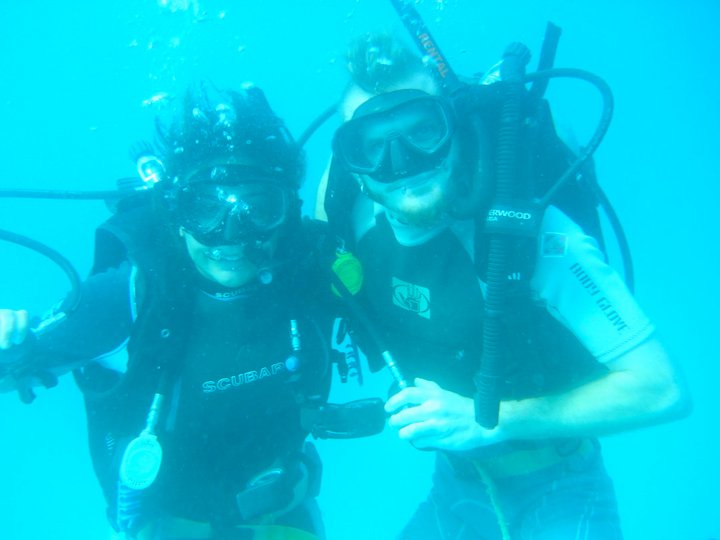
4. People will have moved on with their lives without you
You are going to have to expect it. While you spent some length of your life volunteering in orphanages or walking through Patagonian glaciers, they kept living their lives at home.
Keep in mind that while you have changed, so have many of them. I think that was the hardest one for me to realize. People have had children, gotten promotions, turned vegetarian, bought new houses, etc. They won’t always be able to instantly make time in their lives for you again. It takes a bit to figure out where you fit in the big picture. This adds to the travel depression mentioned above.
5. It takes time to get used to things again
This is especially prevalent if you were in different cultures without access to the same things you had at home. You will revel in air conditioning, feel awkward about carrying a cell phone, stress out over how quickly things move back home, or like me, take weeks to stop deciding whether or not I should throw the toilet paper in the trash can or the toilet.
Luckily this one passes the quickest and you will be surprised how grateful you are about the small things in your lives – like dryers. I love hot, dry clothes. Apparently the rest of the world doesn’t use them. Who knew?
Not this girl.
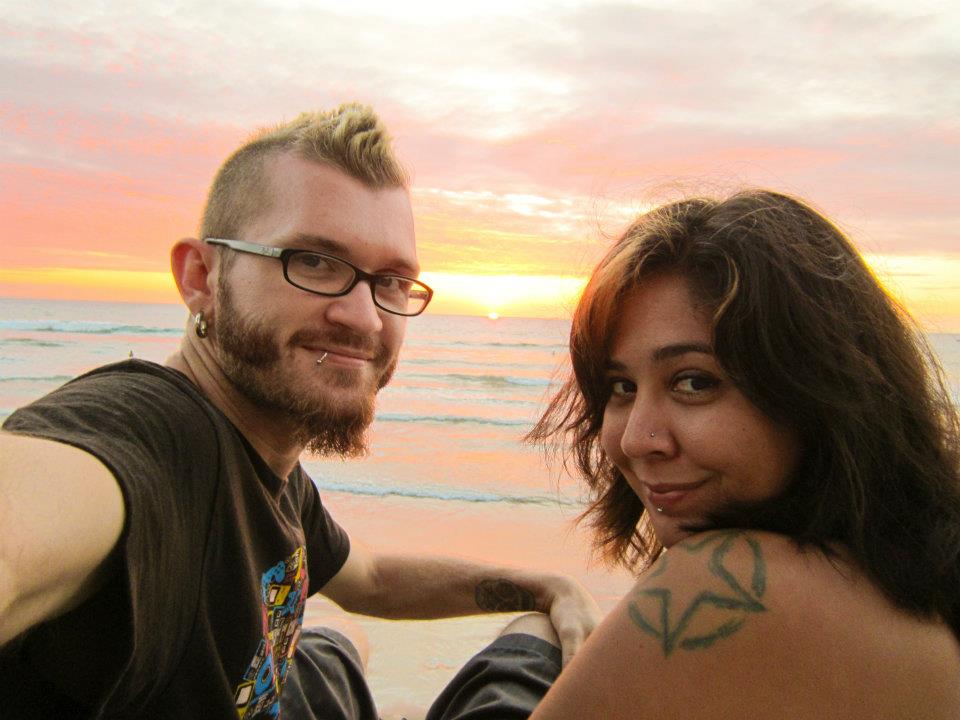
The sooner you realize what emotions you are feeling when you return, the easier the transition will be back into your life at home. While the road is definitely not going to be an easy one, be assured by the fact that your recent experiences have helped prepare you for everything life can throw at you – even this.
Erica Kushel is 1/2 of the team at Over Yonderlust. After a year of backpacking and taking part in photographic delights in Central and South America, they are currently planning their next adventure: Iceland and Europe.
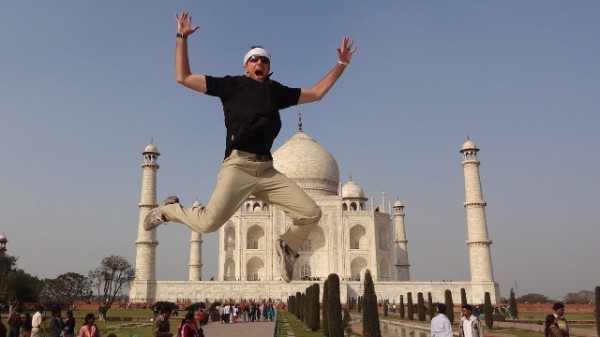
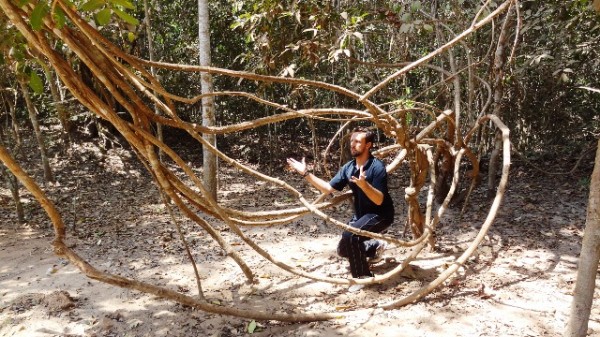
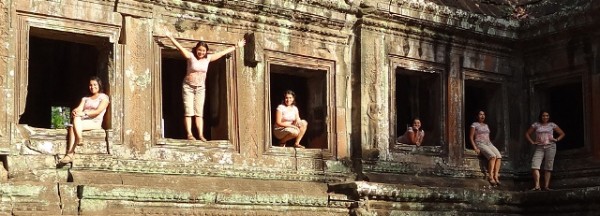
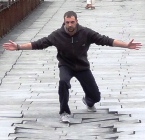 Matthew K. Sharp is the co-founder of
Matthew K. Sharp is the co-founder of 
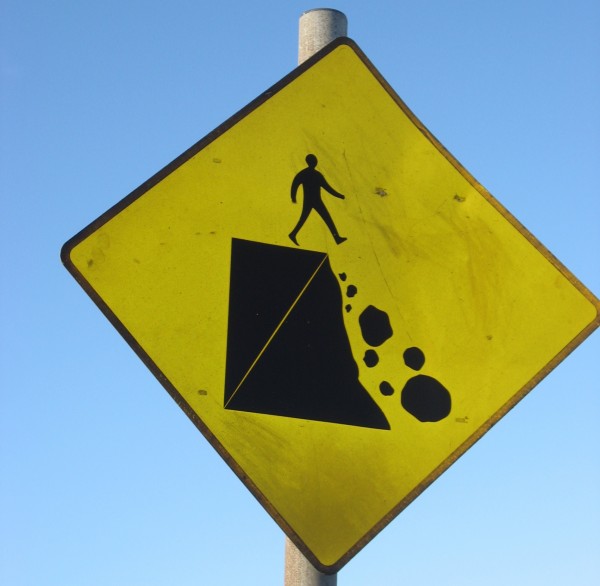
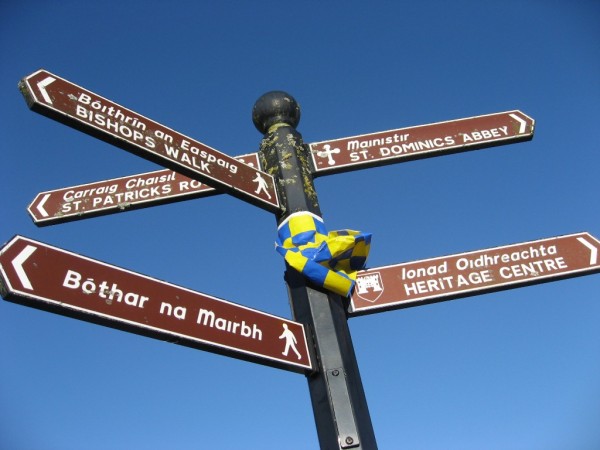
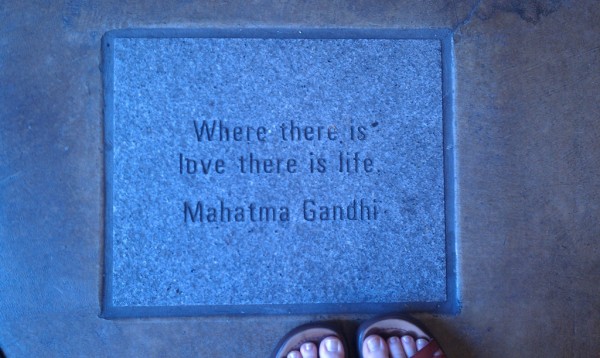
 Cate Brubaker helps all kinds of travelers navigate intercultural, personal, and re-entry experiences in her work with
Cate Brubaker helps all kinds of travelers navigate intercultural, personal, and re-entry experiences in her work with 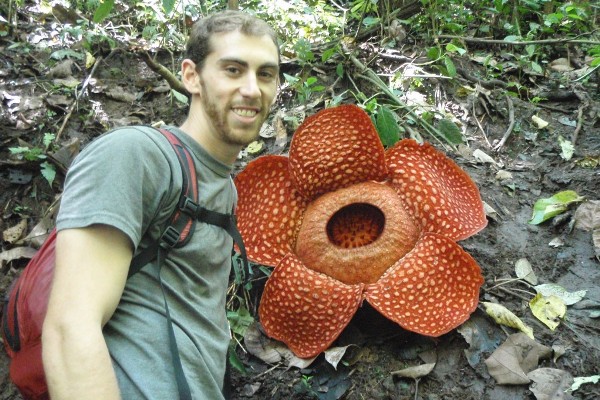
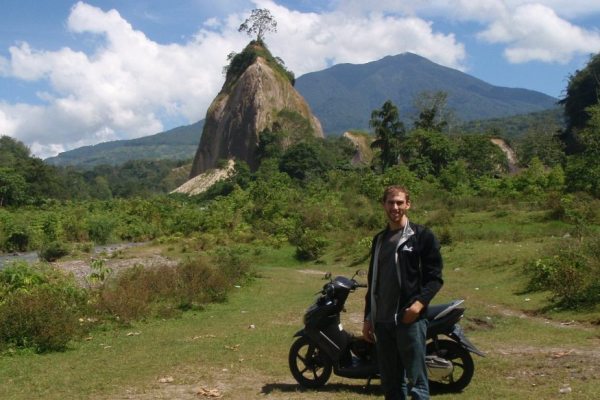
 After an epic five-day journey including 4×4, bus, truck, ox cart, wading through rivers, trudging through bogs, and a blissful speedboat, I finally arrived in Andavaodak, Madagascar. I would spend my next three months here, diving, researching, and working in a remote paradise. This was the farthest point on the planet I have ever been, away from civilization and, as I was soon to find out, far away from proper medical care. The trip started out wonderful, diving or boat marshaling in the morning, studying in the early afternoon, capped off by football games on the sandy white beaches.
After an epic five-day journey including 4×4, bus, truck, ox cart, wading through rivers, trudging through bogs, and a blissful speedboat, I finally arrived in Andavaodak, Madagascar. I would spend my next three months here, diving, researching, and working in a remote paradise. This was the farthest point on the planet I have ever been, away from civilization and, as I was soon to find out, far away from proper medical care. The trip started out wonderful, diving or boat marshaling in the morning, studying in the early afternoon, capped off by football games on the sandy white beaches.
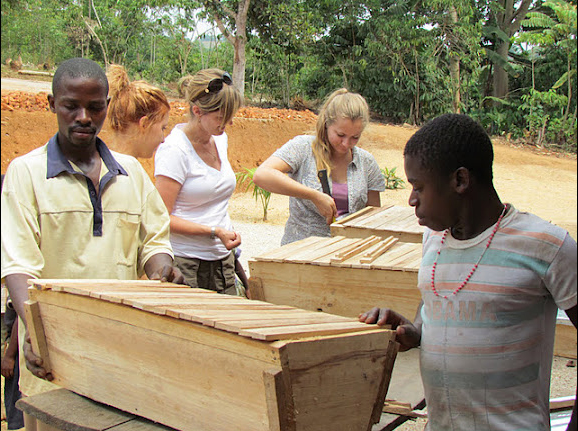
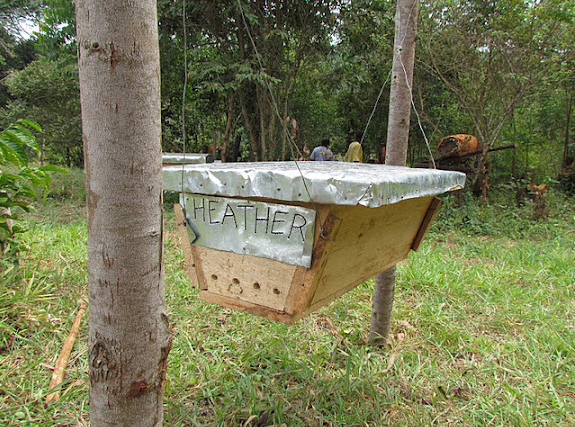
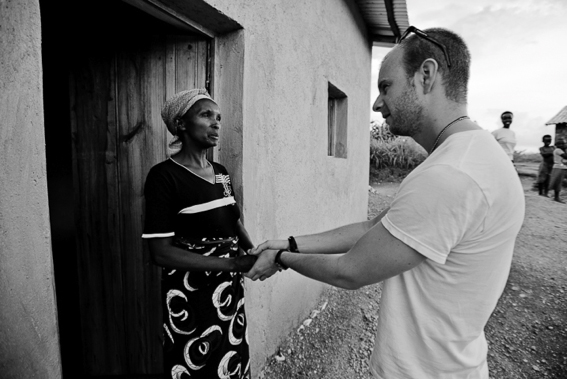
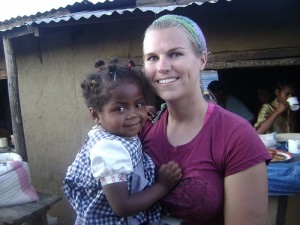 You’ve just returned from an inspiring career break and are inspired by the experience to write a book. Think it’s not possible? Alexis Grant offers tips on how you can make it happen.
You’ve just returned from an inspiring career break and are inspired by the experience to write a book. Think it’s not possible? Alexis Grant offers tips on how you can make it happen.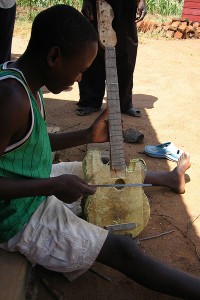 For Richard Yang, it’s not about the destination – it’s the journey that matters most. And he now applies the lessons he’s learned from travel to his life and career goals.
For Richard Yang, it’s not about the destination – it’s the journey that matters most. And he now applies the lessons he’s learned from travel to his life and career goals.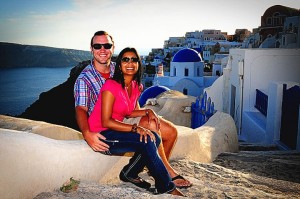 Now that you have returned from your career break and extended honeymoon, how would you describe yourselves?
Now that you have returned from your career break and extended honeymoon, how would you describe yourselves?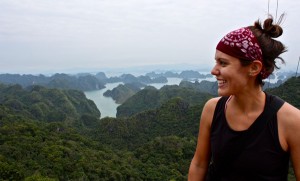 I always feel more lost upon returning home. It probably doesn’t help that my husband and I live in a camp trailer, but to us wheels are freedom.
I always feel more lost upon returning home. It probably doesn’t help that my husband and I live in a camp trailer, but to us wheels are freedom. Day-to-day cubicle doldrums didn’t motivate me to take my career break, instead it was an inspiring interview for a travel-related job. While I didn’t get the position I still remember what the interviewer said to me: “If you want to travel, then travel.”
Day-to-day cubicle doldrums didn’t motivate me to take my career break, instead it was an inspiring interview for a travel-related job. While I didn’t get the position I still remember what the interviewer said to me: “If you want to travel, then travel.”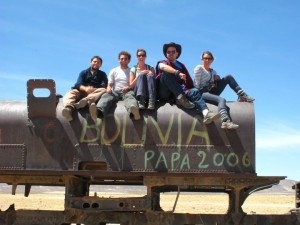 Having spent the majority of my twenties studying for my international business degree and climbing my way up the career ladder in a London marketing agency, my opportunities for ‘real travel’ had been limited to a few, weeks in Thailand, India and Morocco with the rest of my trips abroad taking the form of long weekends escaping London to visit European locations like France and Spain.
Having spent the majority of my twenties studying for my international business degree and climbing my way up the career ladder in a London marketing agency, my opportunities for ‘real travel’ had been limited to a few, weeks in Thailand, India and Morocco with the rest of my trips abroad taking the form of long weekends escaping London to visit European locations like France and Spain.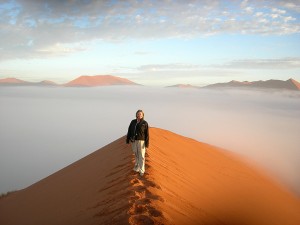 Jim & Rhonda Delameter reflect on their previous career break as they begin planning for another.
Jim & Rhonda Delameter reflect on their previous career break as they begin planning for another.








